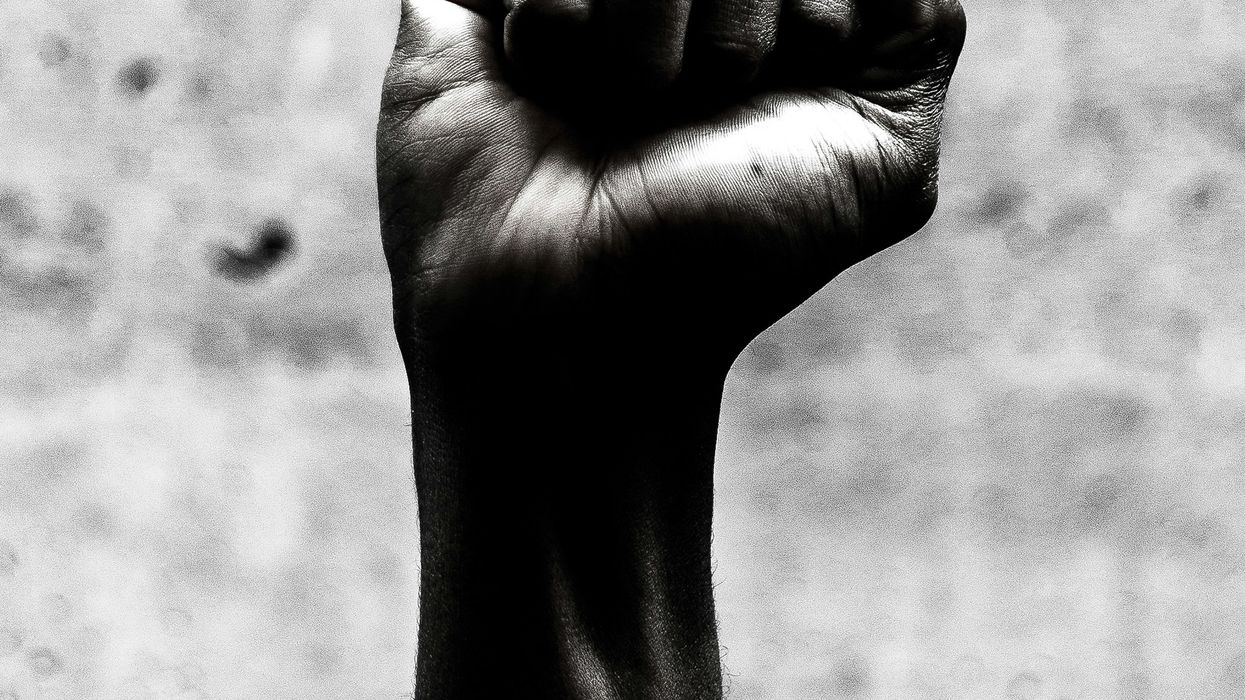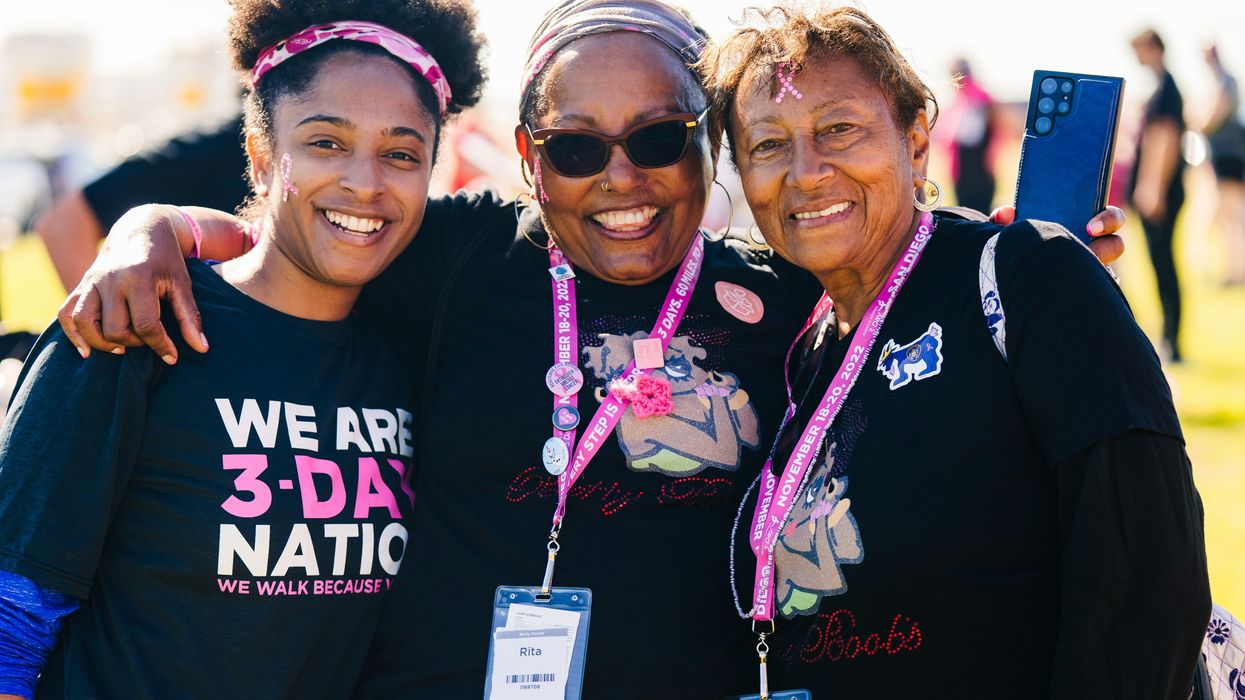Juneteenth, celebrated annually on June 19th, marks a pivotal moment in American history—the emancipation of enslaved African Americans in Texas in 1865, two and a half years after the Emancipation Proclamation was issued by President Abraham Lincoln. This day, now recognized as a federal holiday, is not only a commemoration of freedom but also an opportunity to reflect on the ongoing struggles and triumphs of Black Americans. Importantly, Juneteenth provides a significant occasion to akcnowledge the intersection of historical trauma and mental health within the Black community.
The Historical Context of Juneteenth
The origins of Juneteenth date back to June 19, 1865, when Union General Gordon Granger arrived in Galveston, Texas, to announce General Order No. 3, which declared the freedom of all enslaved people in the state. This event symbolized the end of a long and brutal era of slavery in the United States, though it was a delayed recognition that highlights the pervasive resistance to emancipation in some regions .
Historical Trauma and Its Impact on Mental Health
Historical trauma refers to the cumulative emotional and psychological wounding across generations, resulting from massive group trauma experiences. For African Americans, the legacy of slavery, followed by systemic racism, segregation, and ongoing discrimination, has had profound impacts on mental health .
Research indicates that the enduring effects of slavery and subsequent institutionalized racism contribute to disparities in mental health outcomes for Black individuals. African Americans are more likely to experience higher levels of stress, anxiety, depression, and PTSD compared to their white counterparts. These mental health challenges are exacerbated by factors such as economic inequality, exposure to violence, and inadequate access to quality healthcare .
The Role of Juneteenth in Healing
Juneteenth serves as a powerful reminder of resilience and hope. It is a day to celebrate freedom, reflect on progress, and acknowledge the work still needed to achieve true equality. For many in the Black community, Juneteenth is also a time for communal support and healing, offering a sense of connection and solidarity that is vital for mental well-being.
Cultural Affirmation and Identity
Celebrating Juneteenth allows for the affirmation of Black culture and identity, which is crucial for mental health. Engaging in cultural practices, remembering historical achievements, and honoring ancestors can strengthen community bonds and provide a sense of pride and purpose. This cultural affirmation helps counteract the negative impacts of racism and discrimination by fostering a positive self-identity and resilience .
Mental Health Initiatives and Community Support
Community-driven mental health initiatives play a critical role in addressing the specific needs of African Americans. Organizations such as Black Emotional and Mental Health Collective (BEAM) and Therapy for Black Girls provide culturally competent resources and support to those in need. These initiatives are essential in breaking down the stigma associated with mental health issues within the Black community and ensuring access to appropriate care .
The Importance of Advocacy and Policy Change
While individual and community efforts are vital, systemic change is necessary to address the root causes of mental health disparities. Advocating for policies that promote economic justice, equal access to education, and comprehensive healthcare is crucial in creating an environment where all individuals can thrive. Celebrating Juneteenth as a federal holiday is a step in the right direction, acknowledging the historical injustices and promoting a broader conversation about racial equality and mental health .
Juneteenth is more than a historical milestone; it is a day that encapsulates the ongoing struggle for freedom and equality. By recognizing the connection between historical trauma and mental health, and by promoting cultural affirmation and community support, we can take meaningful steps towards healing. As we celebrate Juneteenth, let us also commit to advocating for the mental well-being of Black Americans, ensuring that the journey towards true liberation continues.
References
- National Archives. (n.d.). Juneteenth. Retrieved from archives.gov
- Brave Heart, M. Y. H., & DeBruyn, L. M. (1998). The American Indian Holocaust: Healing historical unresolved grief. American Indian and Alaska Native Mental Health Research.
- Williams, D. R., & Mohammed, S. A. (2009). Discrimination and racial disparities in health: evidence and needed research. Journal of Behavioral Medicine.
- Substance Abuse and Mental Health Services Administration. (2018). National Survey on Drug Use and Health.
- Smith, L. V., & Silva, L. (2011). Ethnic identity and mental health among African Americans: An exploratory study. Journal of Black Psychology.
- Black Emotional and Mental Health Collective. (n.d.). About BEAM. Retrieved from beam.community
- Therapy for Black Girls. (n.d.). About Us. Retrieved from therapyforblackgirls.com
- The White House. (2021). A Proclamation on Juneteenth Day of Observance, 2021. Retrieved from whitehouse.gov









 Karla Mingo believes that her greatest gift as a cancer survivor is the ability to live with gratitude and thankfulness.
Karla Mingo believes that her greatest gift as a cancer survivor is the ability to live with gratitude and thankfulness.



